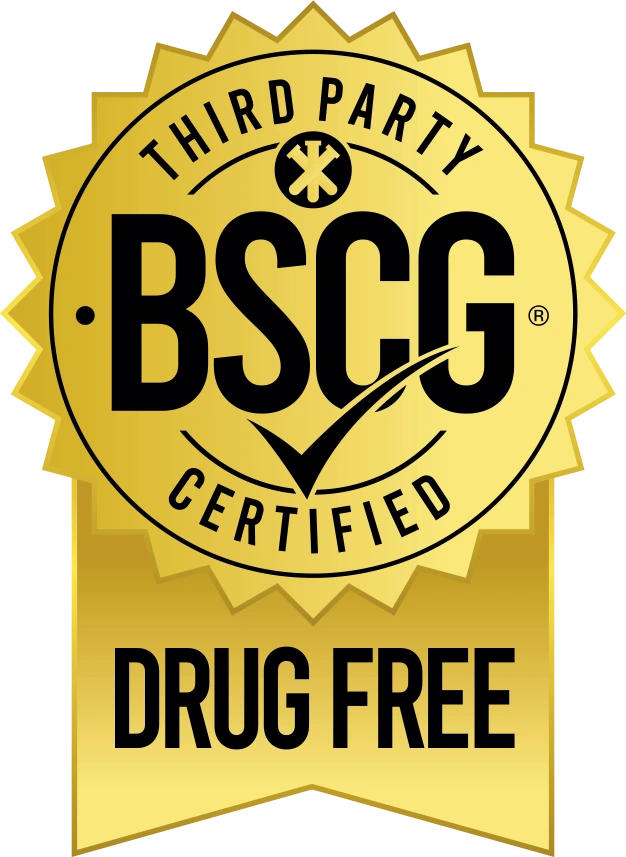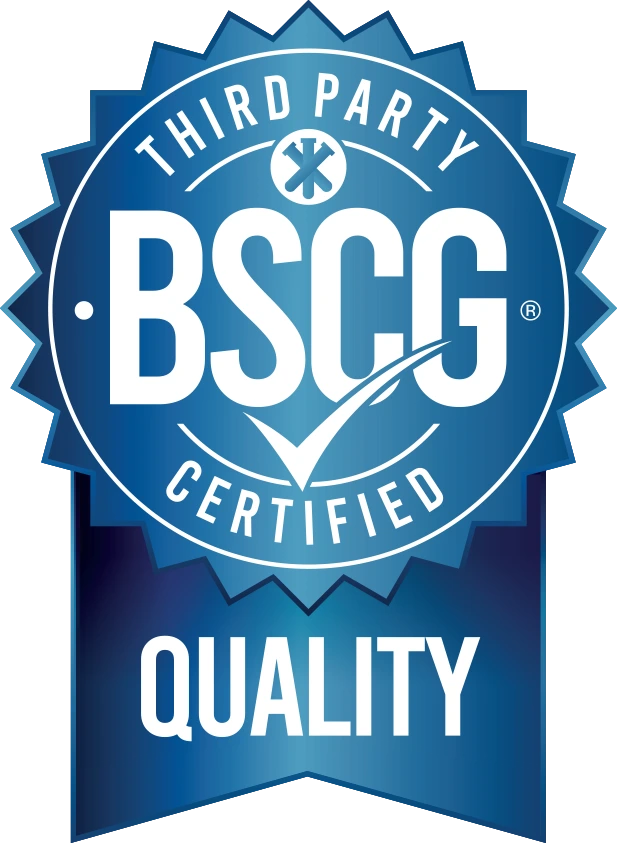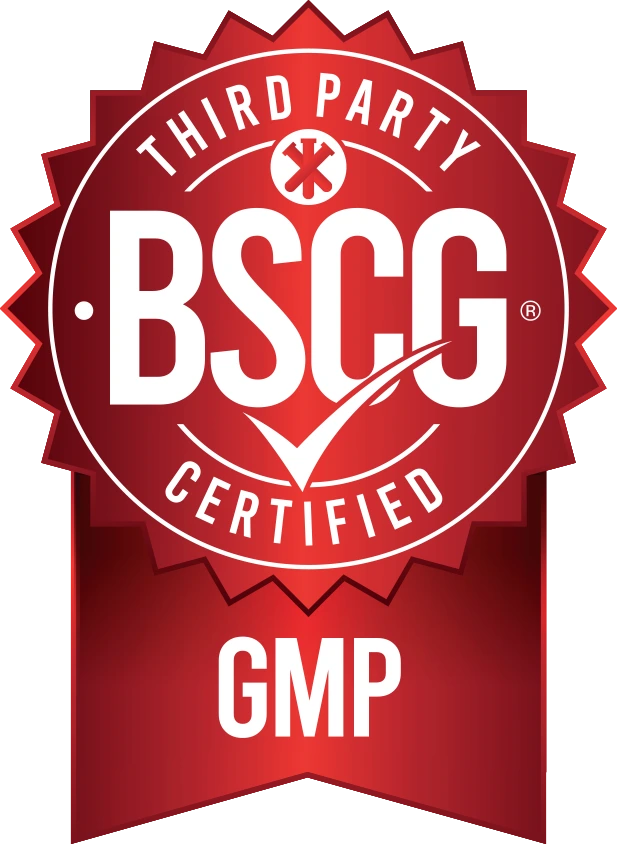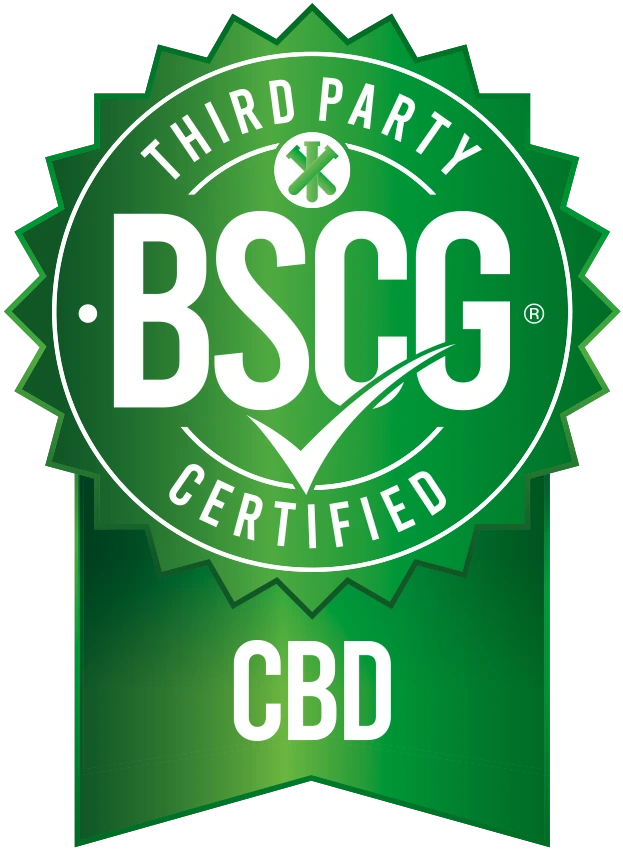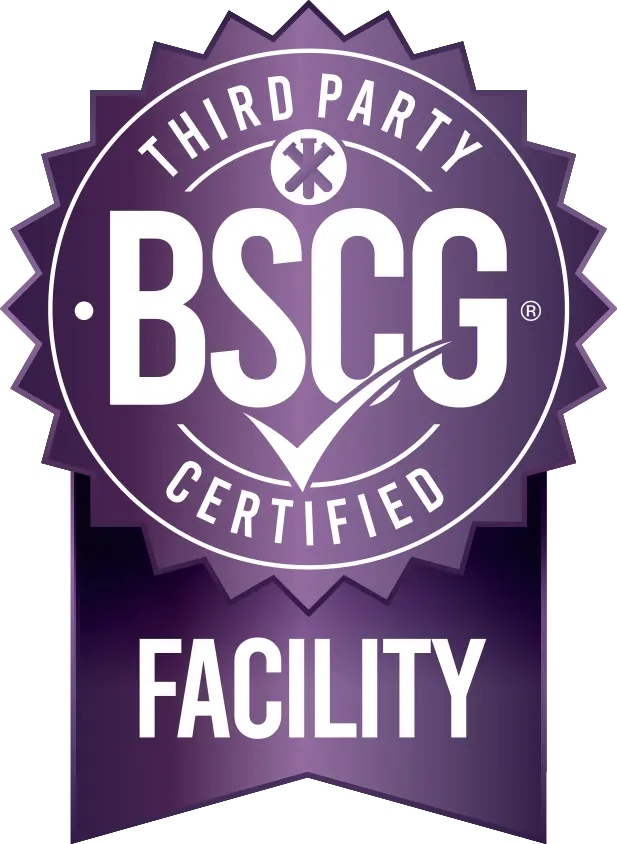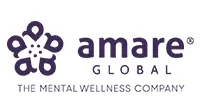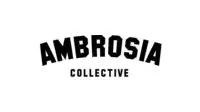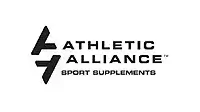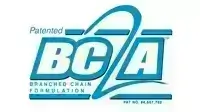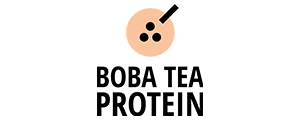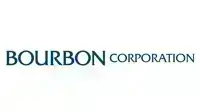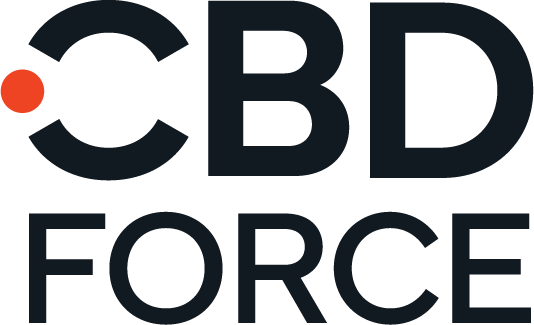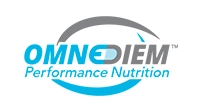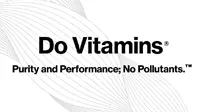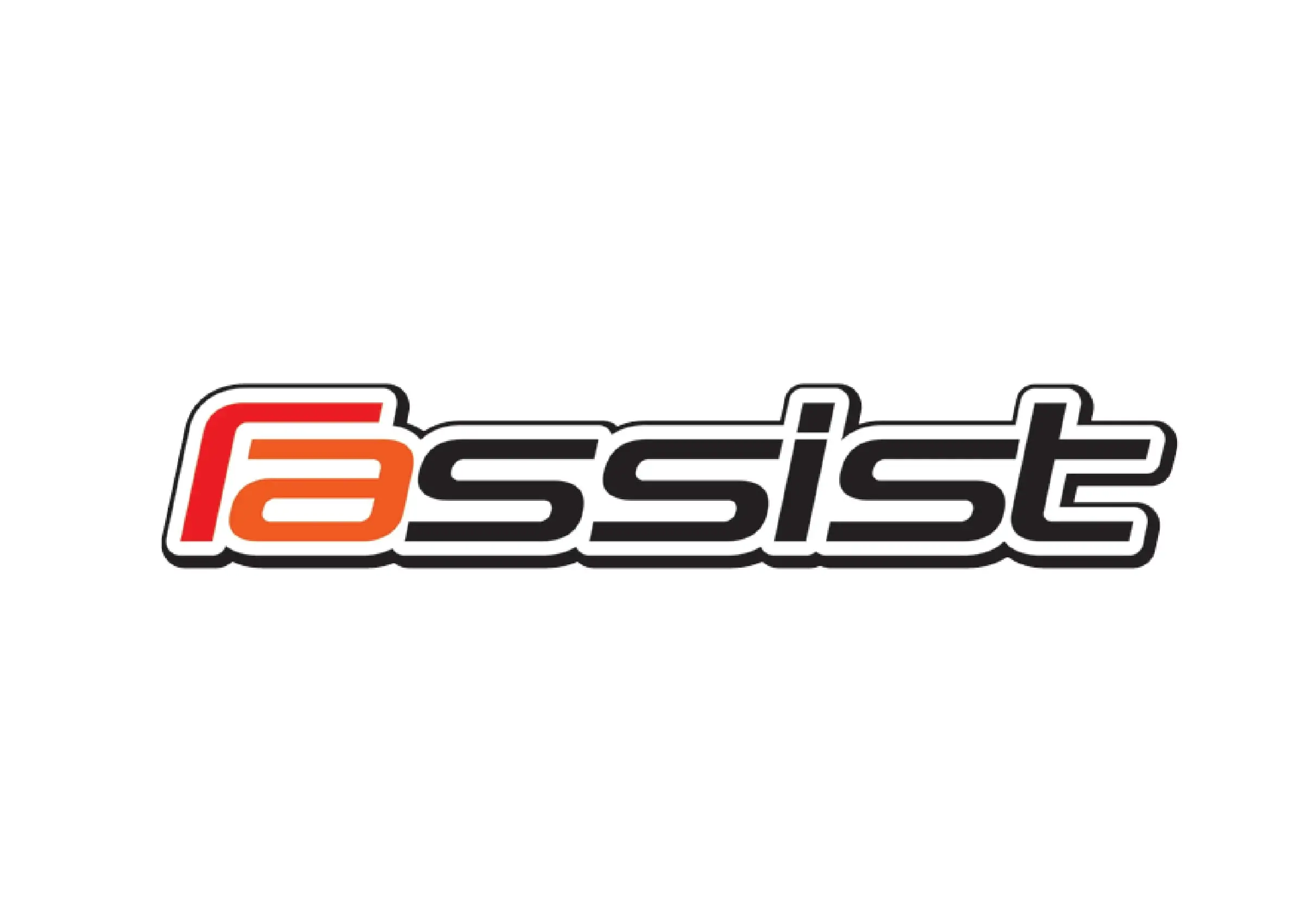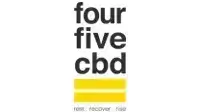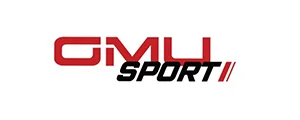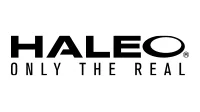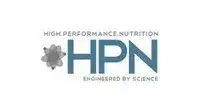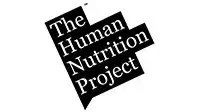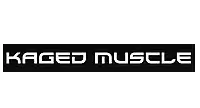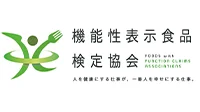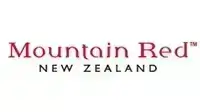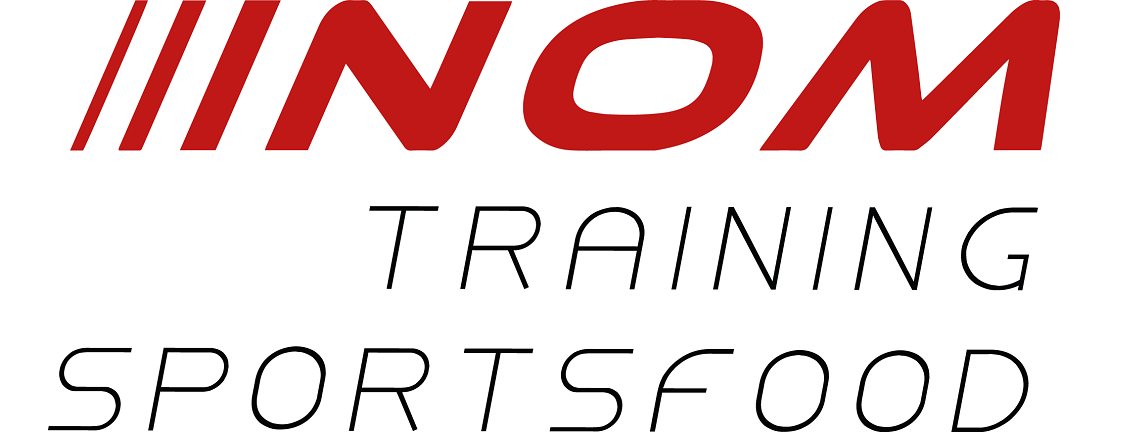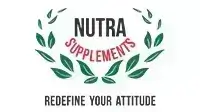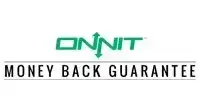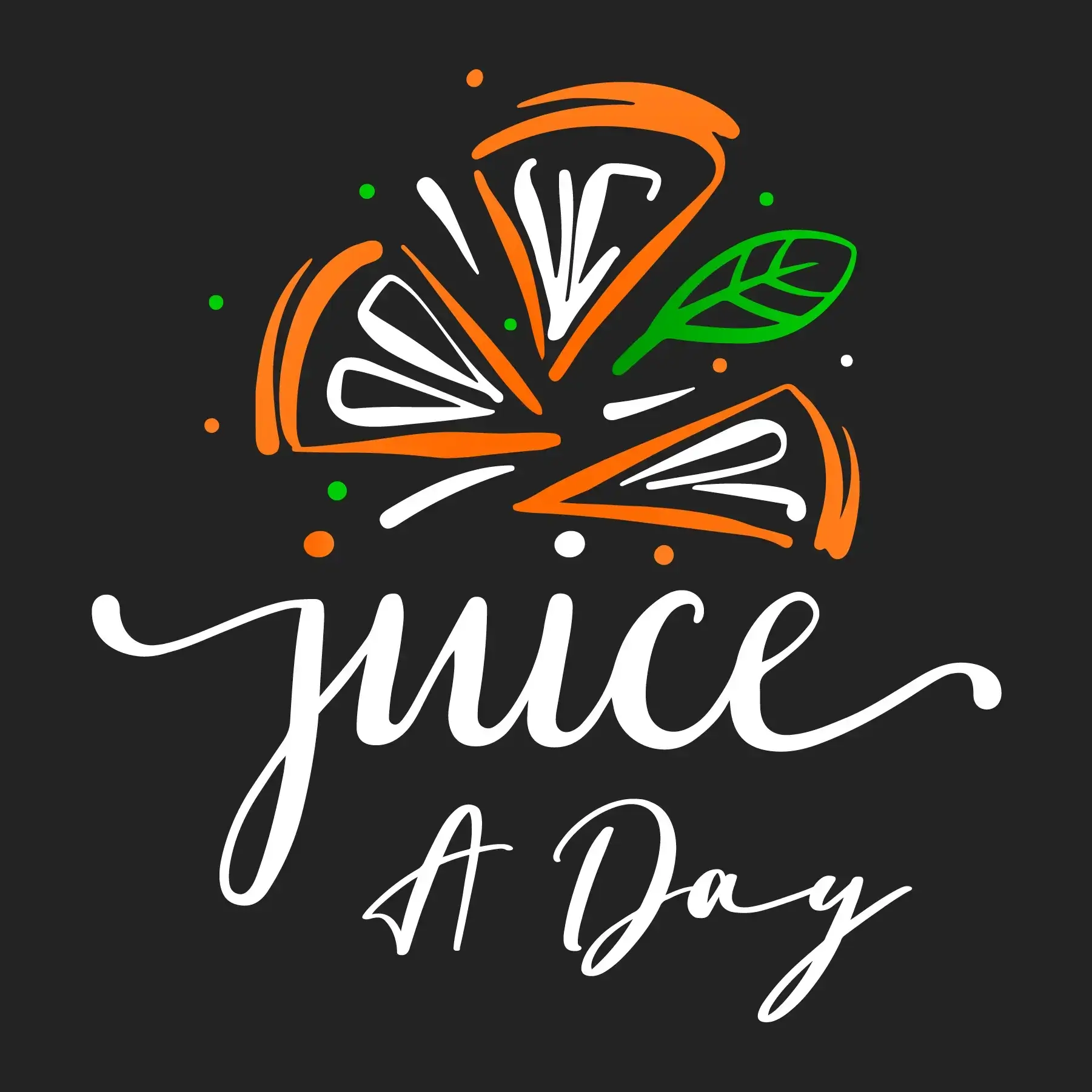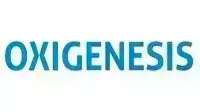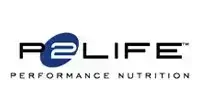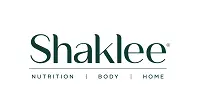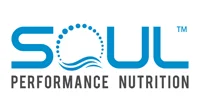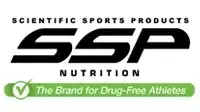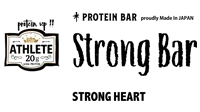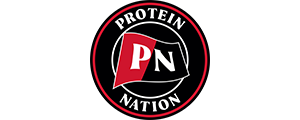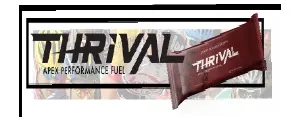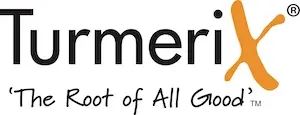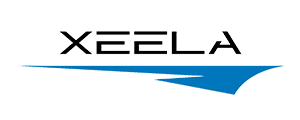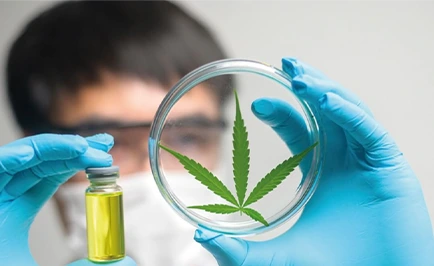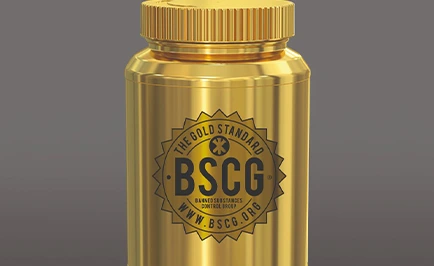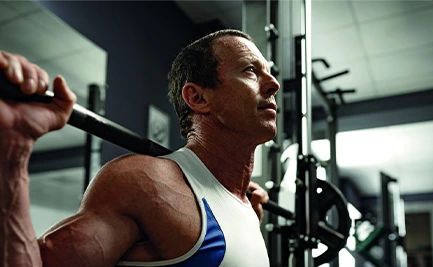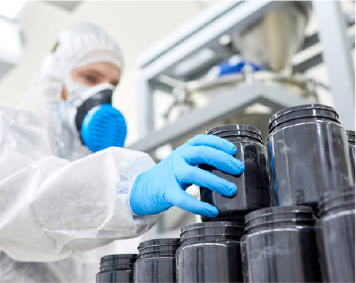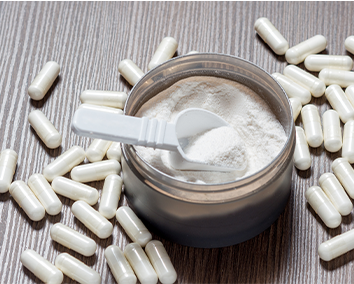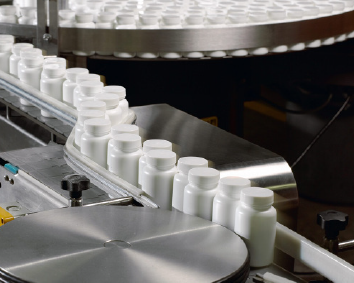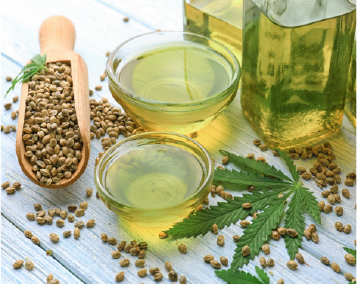Athletes, Are you Doping on Accident with Hidden Banned Substances in Supplements?
Apr 30, 2018
Hidden banned substances in supplements can keep athletes out of the Olympic Games: Jessica Hardy and Pavle Jovanovich cases serve as a warning
A number of athletes have tested positive from the hidden presence of banned substances in supplements and have lost the opportunity to compete at the Olympic Games. This summer on the road to Rio, Olympic athletes of every stripe would be wise to recall the case of American swimmer Jessica Hardy and others like American bobsledder Pavle Jovanovich who have fallen victim to supplement contamination. Third-party dietary supplement certification, like our BSCG Certified Drug Free® program, is a way for athletes to mitigate the risk of testing positive from banned substances in supplements.
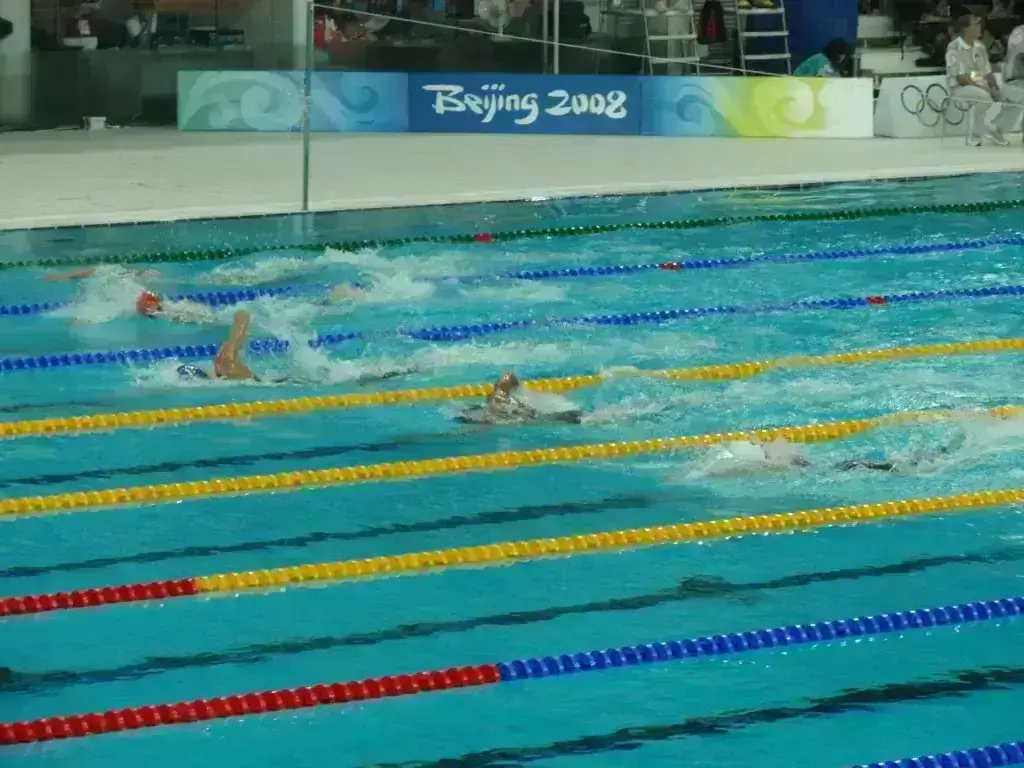
2008 Beijing Olympic Games Swimming – Photo by Oliver Catlin
Eight years ago, a twenty-one-year-old Hardy was pulled from the 2008 Summer Olympic team heading to Beijing after testing positive for the banned anabolic agent clenbuterol at the Olympic Trials. Instead of getting to swim the 100-meter breaststroke, 50-meter freestyle, and 4×100-meter freestyle relay for which she had qualified, she was smacked with a two-year ban. Not only that, her career was now marred with a doping violation, casting a shadow over all of her athletic achievements.

Hardy maintained her innocence, saying she had never before heard of clenbuterol. Some in her entourage, including a coach, pointed to the possibility of banned substances in supplements she had been consuming as a potential culprit for the positive drug test.
Under WADA (World Anti-Doping Agency), USADA (U.S. Anti-Doping Agency) and IOC (International Olympic Committee) rules, however, ignorance about a substance being banned or lack of awareness of how a banned substance entered the body, referred to as ‘inadvertent use,’ are not valid excuses. Athletes are responsible for any banned substance they ingest, regardless of the means, which is known as ‘strict liability.’
At the time, the USOC (United States Olympic Committee) Athlete Ombudsman suggested to Hardy and her team that she consider having her supplements tested by renowned anti-doping guru Dr. Don Catlin, BSCG’s Chief Science Officer. After rigorous testing, Dr. Catlin and his team at the nonprofit/NGO Anti-Doping Research did indeed find trace amounts of clenbuterol in a legally sold supplement Hardy had been taking, Arginine Extreme, a sports-nutrition drink produced by AdvoCare. AdvoCare’s own testing of the product had come up clear of any banned substances.
At an American Arbitration Association panel in 2009, Dr. Catlin testified on Hardy’s behalf. He explained his test results and noted that AdvoCare might not even have been aware of the drug’s presence, as supplements have a supply line of ingredients and these ingredients can be contaminated. Indeed, banned substances often infiltrate products at the raw material stage, and in many circumstances the supplement brand has no knowledge of the issue.
In consideration of Dr. Catlin’s review and the inadvertent use of clenbuterol by Hardy, the panel halved Hardy’s ban to a year. The next year, following an appeal by WADA, the Court of Arbitration for Sport upheld the decision. Unfortunately for Ms. Hardy, she had spent much time and effort to reduce her sanction and repair her reputation.
Though Hardy returned to the sport she loves, went on to break world records in the breaststroke, and won relay medals, including gold, at the 2012 Summer Olympics in London, there will always be a gap in her career as well as the one Olympic Games she can never get back.
“I hear about (those medals) all the time,” she told the Wall Street Journal in 2012, of the races won by other swimmers at Beijing. “Hardy never used to be an angry person,” the same article stated. “But after the disqualification fiasco, her coach, Dave Salo of the Trojan Swim Club in Los Angeles, says she became prone to ‘act out and storm off’ after occasional bad swims.” Hardy has sought therapy in order to manage the anger and negative thoughts fostered by her unfortunate circumstances.
Hardy is not the only Olympic athlete to have been affected by banned substances in supplements. Just prior to the 2002 Salt Lake Olympic Games American bobsledder Pavle Jovanovich tested positive for the anabolic steroid 19-norandrostenedione. The result had a serious effect on him. “‘It was just a nightmare for me,” he said in an interview later, adding that he felt “completely detached” from family and friends and that he “did battle alcohol.” He blamed the finding on a dietary supplement called Nitro-Tech and ultimately received a settlement from Century Foods. (This short piece, in the San Diego Union-Tribune, summarizes the cases of seven other athletes who also filed suits against supplement companies in relation to positive drug tests.)
These examples serve as a reminder to all athletes and Olympians to be aware of what they are putting into their bodies, at all times. Inadvertent presence of banned substances in supplements can result in serious penalties. Recent studies have revealed the majority of elite athletes consume dietary supplements, making supplement safety and risk management strategies for these athletes vital.
 There are simple ways for athletes to mitigate the risks, as we describe on the Supplement Information for Athletes
There are simple ways for athletes to mitigate the risks, as we describe on the Supplement Information for Athletes
page of our website. One of the most effective methods is to only use supplements that have been certified by a third-party to be free of banned substances, like those that participate in our BSCG Certified Drug Free® supplement certification program (click here for a third-party dietary supplement certification program comparison). After more than 12 years of offering certification, no supplement BSCG has certified has ever led to a positive drug test.
Athletes, don’t let banned substances in supplements keep you out of the Olympics or tar your achievements there. To protect yourselves, your careers and your sports, make sure you consider taking only dietary supplements and natural products that have been certified by a trusted third-party provider to be free of banned substances.
Stay Clean and Win Clean! Support Clean Sport!
